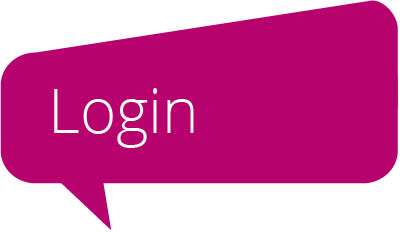Forum Replies Created
-
AuthorPosts
-
-
21st May 2021 at 11:37 am #126142
 klooParticipant
klooParticipantHi there,
I completely relate to how you’re feeling. I was diagnosed with BPD when I was younger, whilst I was in an abusive relationship. The diagnosis came after a traumatic period in my life, and the abuse I experienced then exacerbated this, and I still struggle after having left and started a new relationship. From what I’ve read about emotional regulation disorder, traumatic events and periods of time can definitely trigger these difficulties. But that doesn’t mean that there is something fundamentally wrong with you – when you’ve been through one, or even a series of horrendous experiences, it takes such a toll mentally and emotionally. From my experience, it’s made me expect the worst from people and prepare for more heartache and sadness, because it’s the majority of what I’ve experienced for many years. Having a support network around you in your healing process is so important, I have a couple of really good friends who know exactly what I’m going through, and their support in reassuring me and being there for me has made such a difference.
A diagnosis can feel overwhelming, and I initially felt that I was going to have this label for the rest of my life. But after learning a bit more about it, through therapy and research, you can see that it’s the brain’s response to trauma. Be kind to yourself, you’ve been through an unspeakably horrendous experience, and it takes time to heal. It’s great that you’re in touch with a mental health team, and I hope that they can direct you to some therapy that will help you learn the tools to continue your healing journey. I’m on a waiting list for CBT, which I’ve heard some great things about. It’s still a daily struggle, and in the meantime, I bought this workbook on DBT, which is similar to CBT but aimed towards those of us with difficulties regulating our emotions. It’s called The Dialectical Behavior Therapy Skills Workbook: Practical DBT Exercises for Learning Mindfulness, Interpersonal Effectiveness, Emotion Regulation and Distress Tolerance. I’ve been working through it slowly, and what I’ve discovered so far has been really encouraging, and the exercises I’ve used so far for distressing experiences have really helped turned the heat down on my emotional responses. It sounds so cheesy but it really is just taking things one day at a time, and taking small steps to continue the healing process.
Look after yourself, it takes time but you can do it x
-
20th May 2021 at 5:05 pm #126102
 klooParticipant
klooParticipantHi Living Warrior, thank you so much for commenting. This resonates so much with me, and I’m sorry that you went through this too. Thank you for your recommendations, the course definitely sounds worth saving up for, and I purchased the book you suggested too 🙂 I’m on a waiting list for CBT, and hope that comes through soon, some of the exercises sound like exactly what I need.
Thank you for your support, it means a lot 🙂 x
-
20th May 2021 at 12:56 pm #126094
 klooParticipant
klooParticipantThank you so much for your reply, I have looked through the counselling directory and been in touch with a few people to see about starting some sessions to help with things. I feel that my partner understands the aspects of abuse that I went through, when I first opened up about it, I was very upset and scared that he wouldn’t want to be with me anymore, and I’m just trying to remember his reassurance and support when I’m feeling unsure of myself.
I really appreciate your advice x
-
-
AuthorPosts


